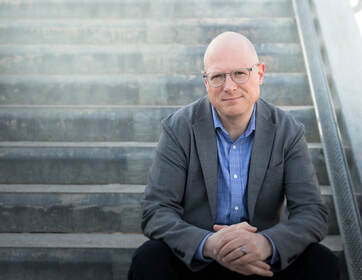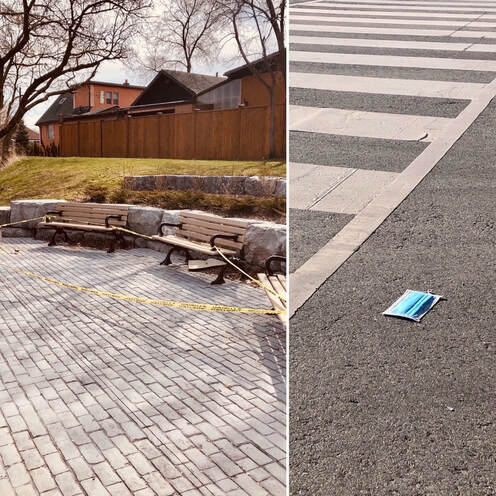Connecting people and ideas to shape cities.

I’m Sean Hertel and I love exploring, thinking about, and planning cities! Being a Registered Professional Planner (RPP) and university Lecturer gives me the very special and important opportunity to contribute to more inclusive and equitable city planning through broader and deeper thinking about what the city is and who it is for. With those objectives in mind my practice is at the intersection of different actors, disciplines, environments and processes to better connect people and ideas to shape cities.
I lead a diverse range of projects that reflect the complexity of the urban landscape, with particular expertise in transit-oriented development, policy analysis and formulation, implementation strategies, and facilitation and public engagement.
I lead a diverse range of projects that reflect the complexity of the urban landscape, with particular expertise in transit-oriented development, policy analysis and formulation, implementation strategies, and facilitation and public engagement.
Thoughts from sean
Planning in the time of, and after, the COVID-19 pandemic

“What do you think will happen to cities?” is a question I and my fellow planners get asked often in these days of social isolation. Our families and friends are curious, and perhaps even a bit worried, about what our communities could look and feel like on the other side of this crisis. We are too, believe me. But we are hopeful, we have to be.
The pandemic and ensuing lockdown has generated a renewed energy across our cities, and certainly in Toronto, for creating safe and attractive spaces for people to gather and move – calls for more and improved public parks, wider sidewalks, and longer stretches of bike lanes, mostly. Missing from this renewed interest in city health, however, is a discussion about who gets to have access to these spaces and opportunities in our cities.
COVID-19 is indeed a catastrophic health emergency, and creates with it an economic fallout of matching impact, but another and more pervasive emergency is structural social inequality borne out of decades of inequitable distributions of wealth and opportunities across cities among our fellow residents. We are indeed “in this crisis together” but the lived experience of this crisis – the ability to self-isolate and continue to work, for example – is vastly different for people.
There is a loud chorus of “things will get back to normal” but if normal means the continued systemic marginalization of vulnerable groups – our poor, elderly, Indigenous peoples, racialized communities, LGBTQ + , the differently-abled – this should not, will not be acceptable.
So, where do we go from here? My friend and colleague, Professor Roger Keil from York University, and I shared some thoughts to an ongoing discussion about planning in these challenging times, led by the Ontario Professional Planners Institute (OPPI).
Read more on the Reflections page.
The pandemic and ensuing lockdown has generated a renewed energy across our cities, and certainly in Toronto, for creating safe and attractive spaces for people to gather and move – calls for more and improved public parks, wider sidewalks, and longer stretches of bike lanes, mostly. Missing from this renewed interest in city health, however, is a discussion about who gets to have access to these spaces and opportunities in our cities.
COVID-19 is indeed a catastrophic health emergency, and creates with it an economic fallout of matching impact, but another and more pervasive emergency is structural social inequality borne out of decades of inequitable distributions of wealth and opportunities across cities among our fellow residents. We are indeed “in this crisis together” but the lived experience of this crisis – the ability to self-isolate and continue to work, for example – is vastly different for people.
There is a loud chorus of “things will get back to normal” but if normal means the continued systemic marginalization of vulnerable groups – our poor, elderly, Indigenous peoples, racialized communities, LGBTQ + , the differently-abled – this should not, will not be acceptable.
So, where do we go from here? My friend and colleague, Professor Roger Keil from York University, and I shared some thoughts to an ongoing discussion about planning in these challenging times, led by the Ontario Professional Planners Institute (OPPI).
Read more on the Reflections page.

